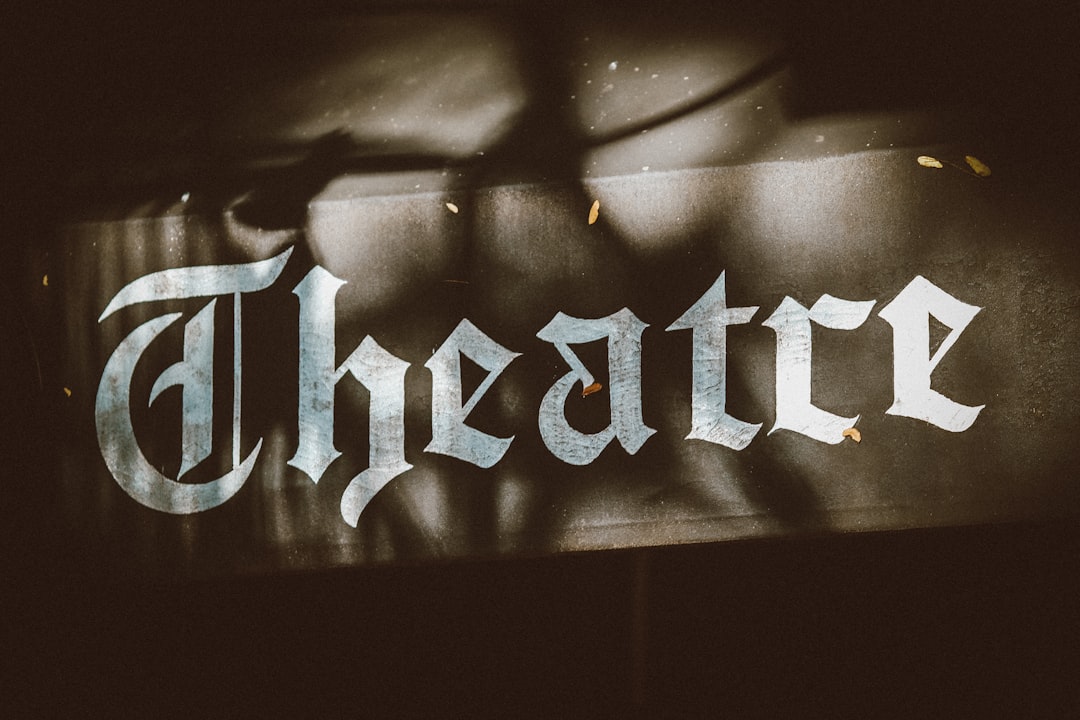The Theater of Credibility: Power, Perception, and the Shifting Stage
Throughout history, the concept of “credibility” among great powers has been as elusive—and as crucial—as the invisible string behind a marionette’s grand gestures. It’s a word wielded strategically, a diplomatic weapon every bit as powerful as any missile or sanction.
But what does credibility mean in a world where every action is scrutinized and reframed by rivals and allies alike? When China claims that a US attack on Iran has “damaged its credibility,” we see more than just international finger-pointing. We glimpse the ever-evolving chess game of global narratives—where power is not only projected through force, but through the stories nations tell about each other and themselves.
There’s a lesser-known parallel here: In the Cold War, credibility was the drumming heart of the domino theory. US policymakers believed that if America failed to defend one ally, others would see it as weakness—and the whole world might “tip” toward an opposing ideology. Yet, time and again, history revealed that the “loss of credibility” was as much about perception as it was about substance. Countries made choices based on their own interests, not merely as dominoes falling in sequence.
Today, with information moving at the speed of a tweet, the contest over credibility is more visible, and more volatile, than ever. Is credibility about unwavering consistency, or is it the ability to adapt without appearing opportunistic? When does an accusation of hypocrisy stick, and when does it dissipate—forgotten in a new cycle of headlines?
An unexpected angle: In an era when truth can be manipulated, does credibility become a performance rather than a fact? And if so, who is in the audience that matters most—the citizens of each country, their allies, or the ever-critical “global community”?
When China—or any nation—calls out another’s credibility, it invites all of us to reflect not just on the event that triggered the statement, but on the deeper question: Whose version of events will history remember, and who gets to write the script for what credibility means?
This article was inspired by the headline: 'China says US attack on Iran has damaged its credibility'.

Comments
No comments yet. Be the first to comment!